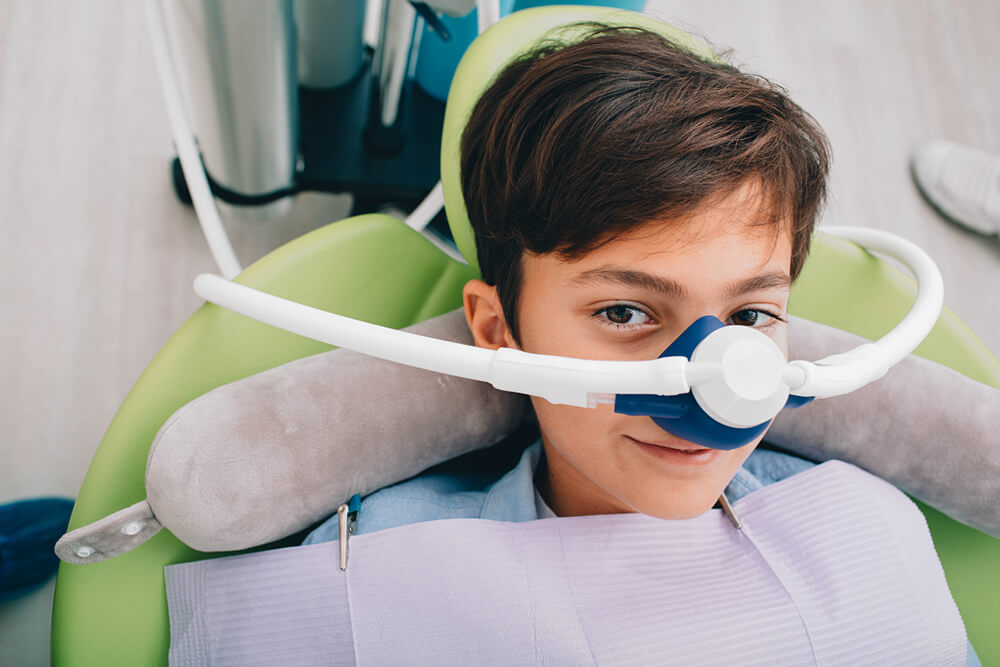Losing baby teeth is a key moment in your child’s development. It is one of the signs that they are growing up and have outgrown their baby teeth. After your child loses one or more baby teeth, however, it is important to make sure that their permanent teeth erupt soon after. In some cases, your child may lose a baby tooth without having it replaced by a permanent tooth. While this may not always be cause for concern, if your child has gone at least six months without having a permanent tooth erupt, you will want to schedule an appointment with their dentist. Although normally the baby teeth are essentially pushed out by erupting permanent teeth, there are cases where the permanent teeth may have trouble erupting. Here are some reasons why your child’s permanent teeth may not be erupting:
No Space

Your child’s primary teeth act as placeholders for their permanent teeth. However, most primary teeth have spaces in between them since permanent teeth are bigger than primary teeth. If your child never had spaces between their primary teeth, then this can mean that they have limited space in their mouth. In these cases, permanent teeth may have trouble erupting because they simply have no place to go.
Impaction
Sometimes, a lack of space can cause permanent teeth to become impacted, or trapped below the gum line. If the tooth is partially above the gum line, then it is said to be partially impacted. Impaction can occur due to a lack of space, narrow jaws, or prematurely lost baby teeth. When impaction is the cause for a lack of tooth eruption, early orthodontic treatment is generally recommended to make space in the mouth and help the tooth to erupt properly.
Growing in the Wrong Direction

Sometimes, permanent teeth can grow in the wrong direction. For example, they may grow sideways inside of straight up or down. This is especially common in the lower bicuspids and upper canines. In some cases, your dentist may simply observe the tooth to see if it corrects itself, while in other cases your child may need early orthodontic treatment to help guide the tooth.
Hyperdontia
Hyperdontia is a rare condition where extra teeth, known as supernumerary teeth, develop in the mouth. Simply stated, this condition causes too many teeth to grow inside the mouth. When this happens, permanent teeth may not be able to erupt because they are physically blocked by extra teeth. Hyperdontia can also cause problems like overcrowding, displacement, and implicated teeth. In these cases, the extra teeth are normally extracted and then early orthodontic treatment is used to align the remaining teeth.
Medical Conditions
There are also a variety of medical conditions that can affect your child’s permanent teeth and their ability to erupt. For example, certain conditions like fibrous dysplasia, hypothyroidism, ricks, and Down’s syndrome can affect the development of the facial bones, which directly impacts the permanent teeth. In these cases, the tooth is usually monitored for some time and treatment decisions can vary based upon a variety of factors.
Overall, there are various reasons why your child’s permanent teeth may not erupt right after their primary teeth are lost. As with most dental problems, the sooner treatment is received, the better the outcomes usually are. Depending on your child’s individual case, their dentist may decide to simply monitor the tooth or they may recommend certain treatments to correct the problem. Ultimately, this can help save your child from future invasive dental procedures, as well as your wallet from costly dental procedures.






